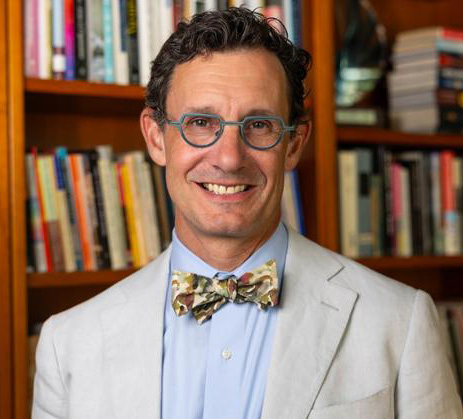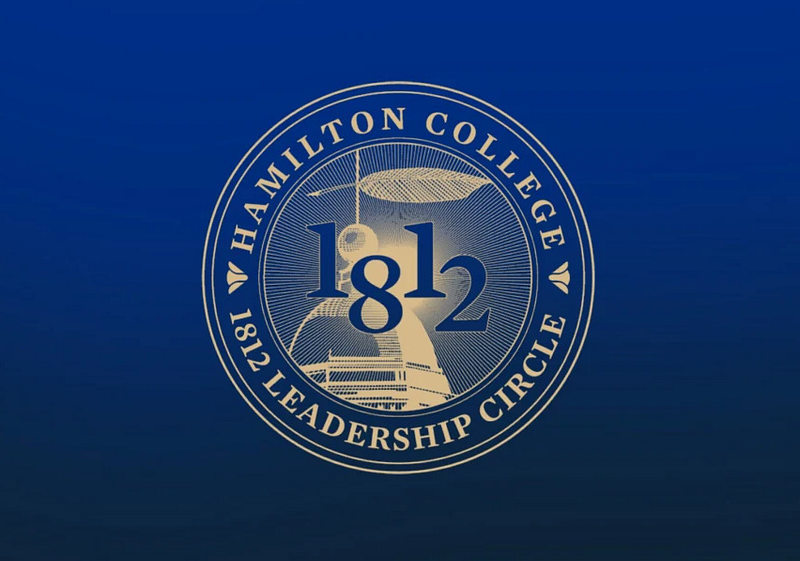
The Hamilton Board of Trustees met on Friday, Dec. 6 in New York City during the annual 1812 Leadership Circle Weekend. The meeting, which brought together trustees, administrators and faculty representatives, focused on the enhancement of student life, the use of various metrics to measure the college’s success and upcoming campus projects.
During the meeting, the Board approved funding for a small capital investment in the Bundy East lounge. The renovation of this lounge will be a pilot project for future lounge renovations. The Board also voted to convert The Bundy Café and Lounge, formerly known as Bundy Dining Hall, to a childcare center. These initiatives are part of a broader effort to improve residential spaces and address the evolving needs of the campus community.
The Board operates through a series of committees that meet on different topics ranging from academic affairs to athletic programs. Meetings typically allocate time for presentations followed by discussion and questions. At Friday’s session, the Board heard from Darren Stratsh, Associate Professor of Computer Science, and two students about innovative teaching methods that have made the computer science program more accessible and enjoyable.
Friday’s meeting also explored how students are engaging with pressing global issues like the war in Ukraine and the recent U.S. election, highlighting the importance of fostering productive and respectful dialogue on campus. Co-curricular activities, particularly athletics and wellness programs, were another focus, with Board members discussing how experiences such as club or intramural sports develop life skills that extend beyond college.
President Steven Tepper identified three primary priorities that were discussed during the meeting. The first was onboarding the newly elected President and ensuring a smooth transition of leadership. The second involved shaping Hamilton’s next comprehensive plan, designed to support students both today and in the future. The last major priority was enhancing the student experience through residential life, dining facilities and spaces for student engagement.
One of the meeting’s central discussions revolved around defining success for Hamilton. Board members were prompted to consider metrics that reflect the college’s performance such as student-to-faculty ratios, career placement, graduation rates and overall student satisfaction. These metrics were evaluated in relation to Hamilton’s peers as well as the different ways of looking at the data that determines how colleges get ranked.
Tepper underscored the importance of student input in decision making. “[Everything discussed during Board meetings] comes out of conversations with students,” he said. He encourages students to bring their ideas to the Dean of Students’ team, especially pertaining to residential life or opportunities with spaces on campus. Board members feel this way as well– one member even said, “Students aren’t waiting for 50-year-olds to come up with ideas for them.”
Tepper emphasized that the Board members “really care about the college” and are aligned on the purpose of Hamilton. “There are many dysfunctional boards and there are many boards that people join and they become kind of a theater,” Tepper said. “What is clear about this board is that it’s a highly functional board. They all only want the college to be as good as it can be for the students.”
In the spring, the Board plans to host design sessions that combine groups of staff, faculty, students and trustees. Students can engage with trustees on brainstorming future opportunities for Hamilton. “I think the trustees will learn a lot from the students,” Tepper said. “And students can learn a lot as well.”

















